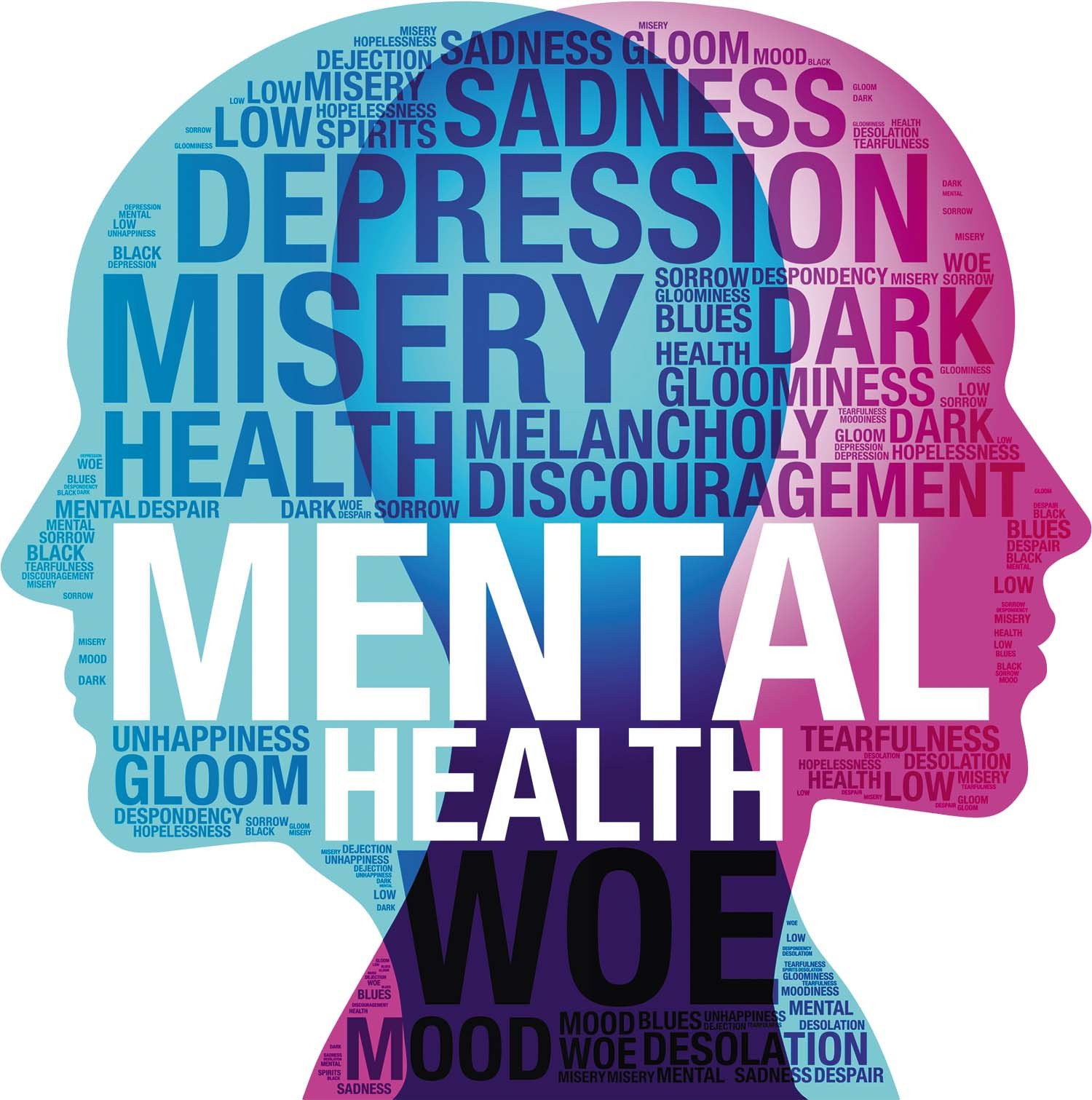Learn about our recent projects and initiatives aimed at making a positive

- December 14, 2023
- 0 Comments
Exercise for the Mind: Mental Health Benefits of Regular Activity
Introduction
In today’s fast-paced world, mental health has become a significant concern for many. One of the most effective ways to improve mental well-being is through regular physical activity. Exercise is not only beneficial for physical health but also plays a crucial role in enhancing mental health. In this comprehensive article, we will explore the various mental health benefits of regular exercise, the science behind these benefits, and how incorporating physical activity into your daily routine can lead to a healthier mind.
The Science Behind Exercise and Mental Health
Release of Endorphins
When we engage in physical activity, our bodies release chemicals called endorphins. Often referred to as "feel-good" hormones, endorphins interact with receptors in the brain to reduce the perception of pain and trigger a positive feeling in the body. This natural high can significantly reduce stress and enhance mood, making exercise a powerful tool for combating anxiety and depression.
Reduction of Stress Hormones
Regular exercise also helps in reducing the levels of stress hormones, such as cortisol and adrenaline. High levels of these hormones are often associated with chronic stress, which can lead to various mental health issues. By lowering these hormones, exercise helps in alleviating stress and promoting a sense of calm and relaxation.
Improved Sleep Patterns
Quality sleep is essential for good mental health. Regular physical activity has been shown to improve sleep patterns by helping individuals fall asleep faster and enjoy deeper sleep. Improved sleep can lead to better mental clarity, reduced stress, and overall enhanced well-being. Thus, incorporating exercise into your routine can be a natural remedy for sleep-related issues.
Mental Health Benefits of Regular Exercise
Reduction in Anxiety and Depression
One of the most significant benefits of regular exercise is its ability to reduce symptoms of anxiety and depression. Physical activity increases the production of endorphins and other neurotransmitters like serotonin and dopamine, which are crucial for mood regulation. Studies have shown that regular exercise can be as effective as medication for some individuals in managing depression and anxiety.
Enhanced Cognitive Function
Exercise has a positive impact on cognitive function. It promotes the growth of new brain cells (neurogenesis) and improves overall brain performance. Regular physical activity has been linked to better memory, increased focus, and enhanced problem-solving skills. By keeping the brain active and healthy, exercise can help in preventing cognitive decline and conditions such as Alzheimer’s disease.
Boosted Self-Esteem and Confidence
Engaging in regular physical activity can lead to improved self-esteem and confidence. Achieving fitness goals, whether it's running a certain distance or lifting a specific weight, provides a sense of accomplishment. This achievement, combined with the physical changes in the body, can boost self-image and confidence, contributing to better mental health.
Social Interaction and Support
Exercise often involves social interaction, whether it's participating in group fitness classes, joining a sports team, or simply walking with a friend. These social interactions provide opportunities for support and connection, which are vital for mental health. Building a social network through exercise can lead to a sense of belonging and reduce feelings of loneliness and isolation.
Incorporating Exercise into Your Daily Routine
Find an Activity You Enjoy
The key to maintaining a regular exercise routine is finding an activity that you enjoy. Whether it's swimming, cycling, dancing, or playing a sport, engaging in activities that you love will make exercise feel less like a chore and more like a fun part of your day.
Set Realistic Goals
Setting realistic and achievable fitness goals is essential for staying motivated. Start with small, manageable goals and gradually increase the intensity and duration of your workouts. Celebrate your progress along the way to stay motivated and committed to your exercise routine.
Make Exercise a Social Activity
Incorporating social elements into your exercise routine can enhance your commitment and enjoyment. Join a fitness class, find a workout buddy, or participate in community sports. The social interaction and support from others can make exercise more enjoyable and sustainable.
Create a Consistent Schedule
Consistency is crucial for reaping the mental health benefits of exercise. Create a workout schedule that fits into your daily routine and stick to it. Whether it's a morning jog, a lunchtime walk, or an evening yoga session, finding a time that works for you will help make exercise a regular habit.
Conclusion
Regular exercise is a powerful tool for enhancing mental health. From reducing anxiety and depression to improving cognitive function and boosting self-esteem, the mental health benefits of physical activity are extensive. By incorporating exercise into your daily routine, you can achieve a healthier mind and a more balanced life. Embrace the power of physical activity and experience the positive impact it can have on your mental well-being.
Share This:
Related Posts
Discover the warming stories of rescued pets finding new beginnings
Celebrating Diversity: The Cultural Mosaic of Latimer Road Vets C.I.C Introduction At Latimer Road Vets…
Exercise for the Mind: Mental Health Benefits of Regular Activity Introduction In today’s fast-paced world,…
Unleash Your Strength: Why You Should Join Our Boxing Classes Introduction At Latimer Road Vets…
Inspiring Young Athletes: Highlights from Our Youth Engagement Program Introduction At Latimer Road Veterans C.I.C.,…





